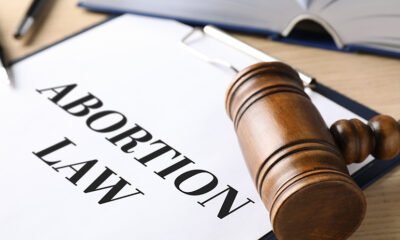Al Bell
Election Reform Thwarted: Lawmakers’ Ballot Measures Stand in the Way

In an opinion piece published by the Arizona Capitol Times on August 1, 2024, Al Bell articulated the significant potential of Proposition 140, also known as the Make Elections Fair Act. This initiative promises critical improvements to both the electoral process and state governance in Arizona.
However, merely passing the Make Elections Fair Act might not suffice. Several propositions that aim to hinder reform efforts have been referred to the ballot by the state Legislature. These legislative moves come from those who benefit from the current system, intent on preserving the status quo. Voters should be alert to three specific legislative referrals that could undercut the aims of Make Elections Fair.
Proposition 133 seeks to solidify the existing partisan primary system, directly opposing the reforms proposed by the Make Elections Fair Initiative. Its wording explicitly prohibits open primaries, ranked choice voting, and future electoral improvements. Those supporting the Make Elections Fair Act should vote “No” on Proposition 133, as maintaining a flawed system indefinitely is detrimental.
The Legislature has also introduced two additional propositions aimed at obstructing future constitutional initiatives. These moves threaten long-held rights that Arizona citizens have cherished since statehood in 1912.
Proposition 134 proposes that a minimum number of signatures be collected from each of Arizona’s 30 legislative districts. This alters the current system, which allows for statewide signature collection. Should this proposition pass, a single district could prevent an initiative from reaching the ballot, even if there’s overwhelming support from other districts. Additionally, it does not permit online signature gathering, complicating the process significantly, particularly in rural areas.
Proposition 136 introduces the possibility for individuals and organizations to challenge the constitutionality of a citizen initiative immediately after filing with the Secretary of State’s Office. Presently, such challenges can only occur after an initiative meets the signature requirement for ballot inclusion. While Proposition 136 does not guarantee the constitutionality of initiatives, it creates a pathway for opposition groups to launch costly and frivolous lawsuits, further complicating an already challenging process for citizen initiatives.
These propositions, particularly 134 and 136, pose a threat not just to election reform efforts but to any citizen-driven initiatives that seek to address various issues within the state.
The intense backlash from certain Legislative members against the Make Elections Fair Act underscores its importance. Voters must scrutinize these referred propositions rigorously; neglecting to do so could jeopardize not just this reform opportunity but future citizen-led actions.
Mark Cable serves as a volunteer with Better Ballot Arizona.


















